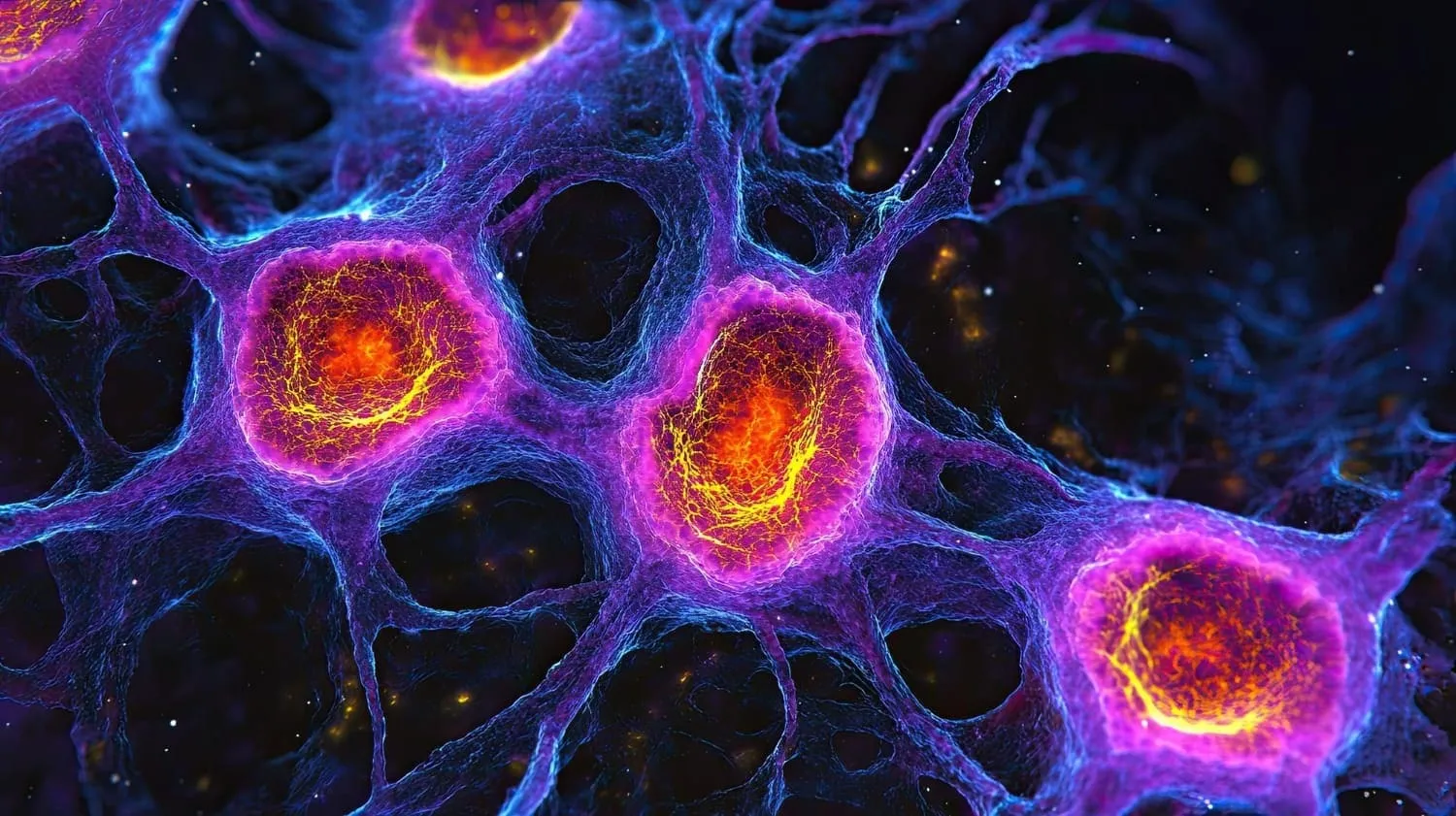Brain Microglial Cells and Low Sodium: Understanding the Impact

Exploring the Effects of Low Sodium on Brain Microglial Cells
Brain cells play a crucial role in our overall health, and recent studies indicate that low sodium levels may have detrimental effects on them. Chronic hyponatremia is a condition characterized by low blood sodium, which can lead to severe neurological and mental complications.
Impact of Low Sodium Levels
- Inflammation: Low sodium can trigger inflammatory responses in brain microglial cells.
- Chemical Imbalances: The alteration of chemicals in the brain due to hyponatremia is concerning.
- mRNA Changes: Changes at the molecular level, including impact on mRNA, have been observed.
Key Findings
Research indicates that maintaining adequate sodium levels is vital for the health of brain microglial cells, which are essential for brain function. As the understanding of the effects of low sodium continues to evolve, further insights into the biochemistry involved are expected.
This article was prepared using information from open sources in accordance with the principles of Ethical Policy. The editorial team is not responsible for absolute accuracy, as it relies on data from the sources referenced.